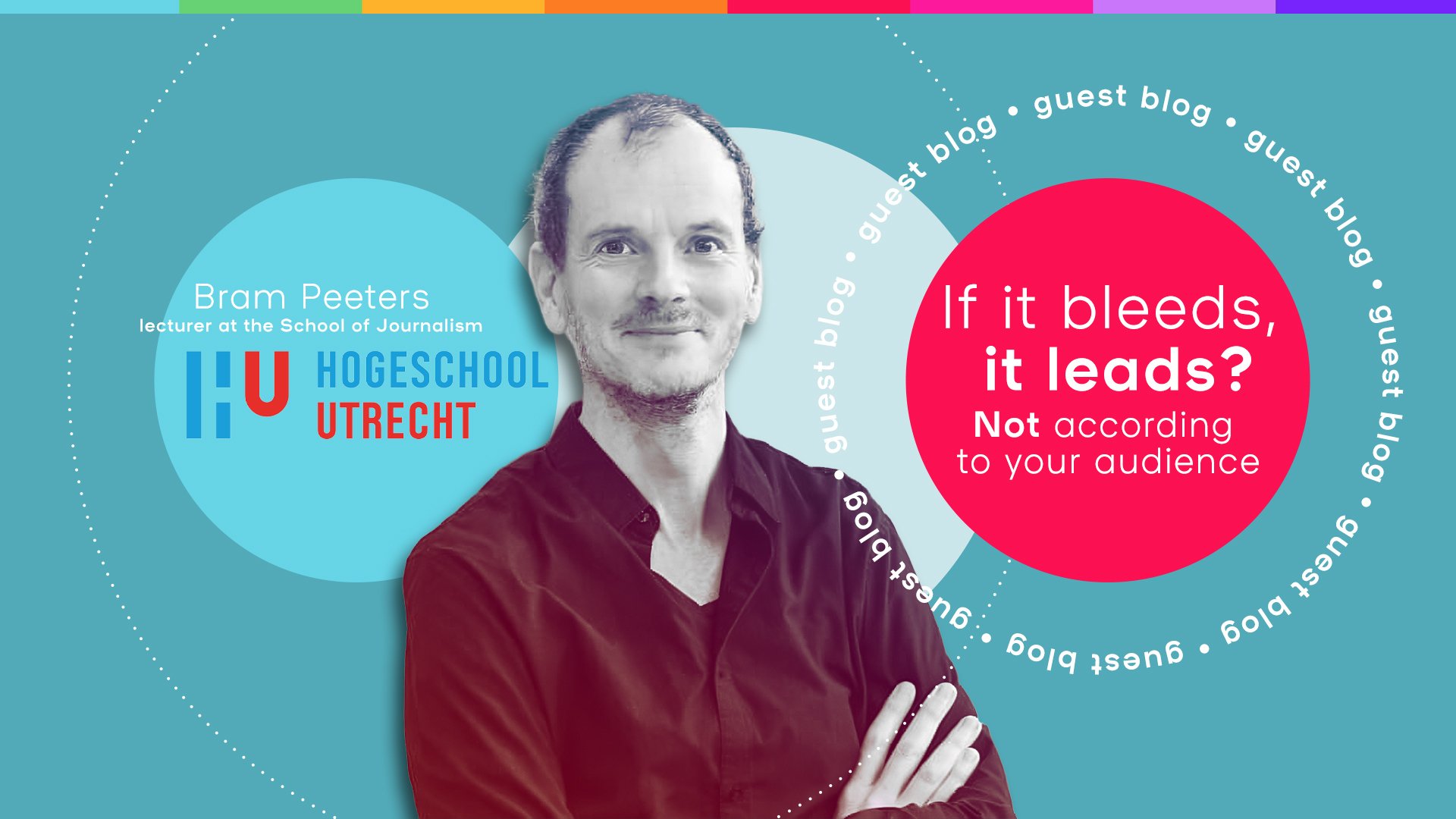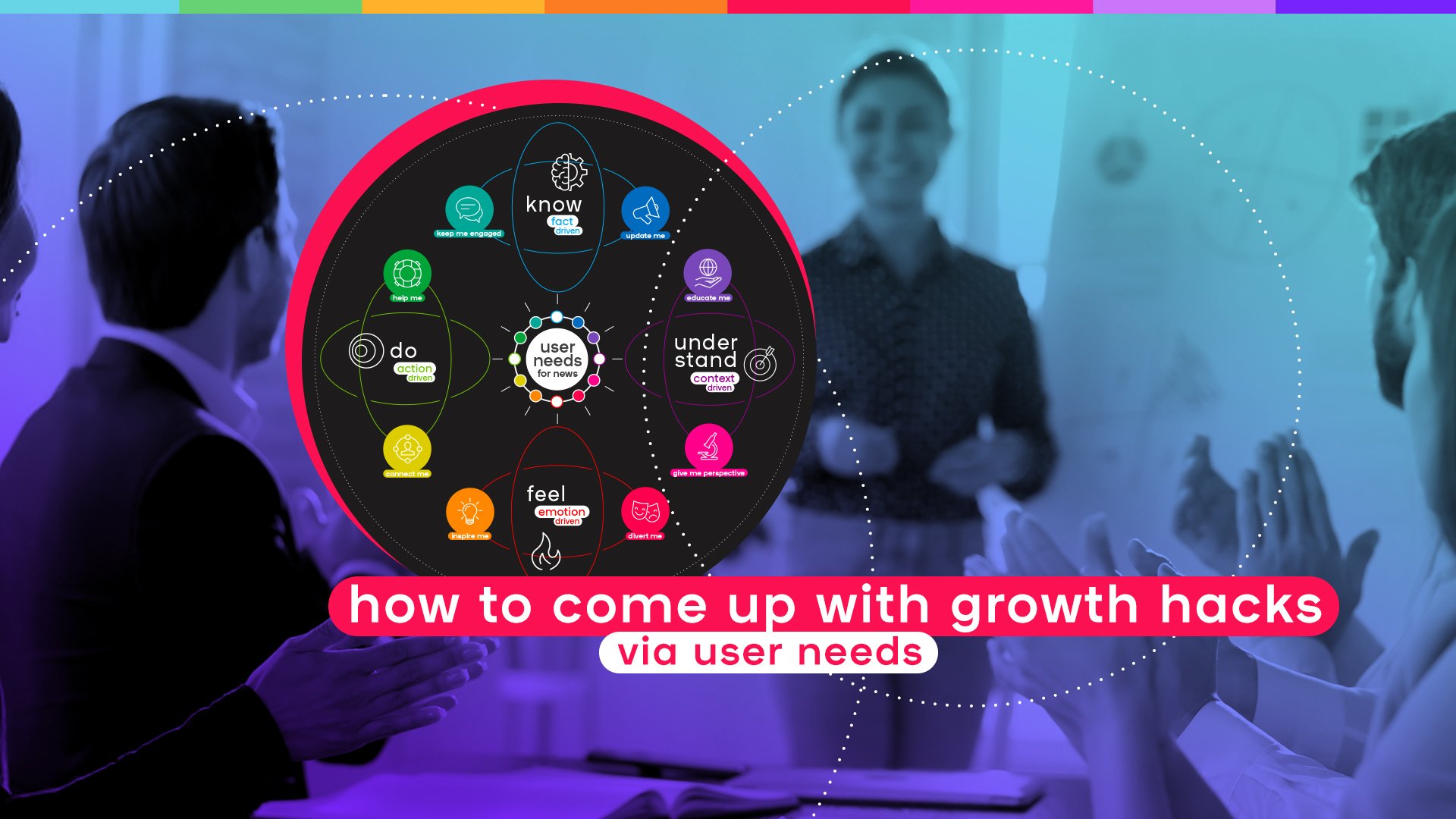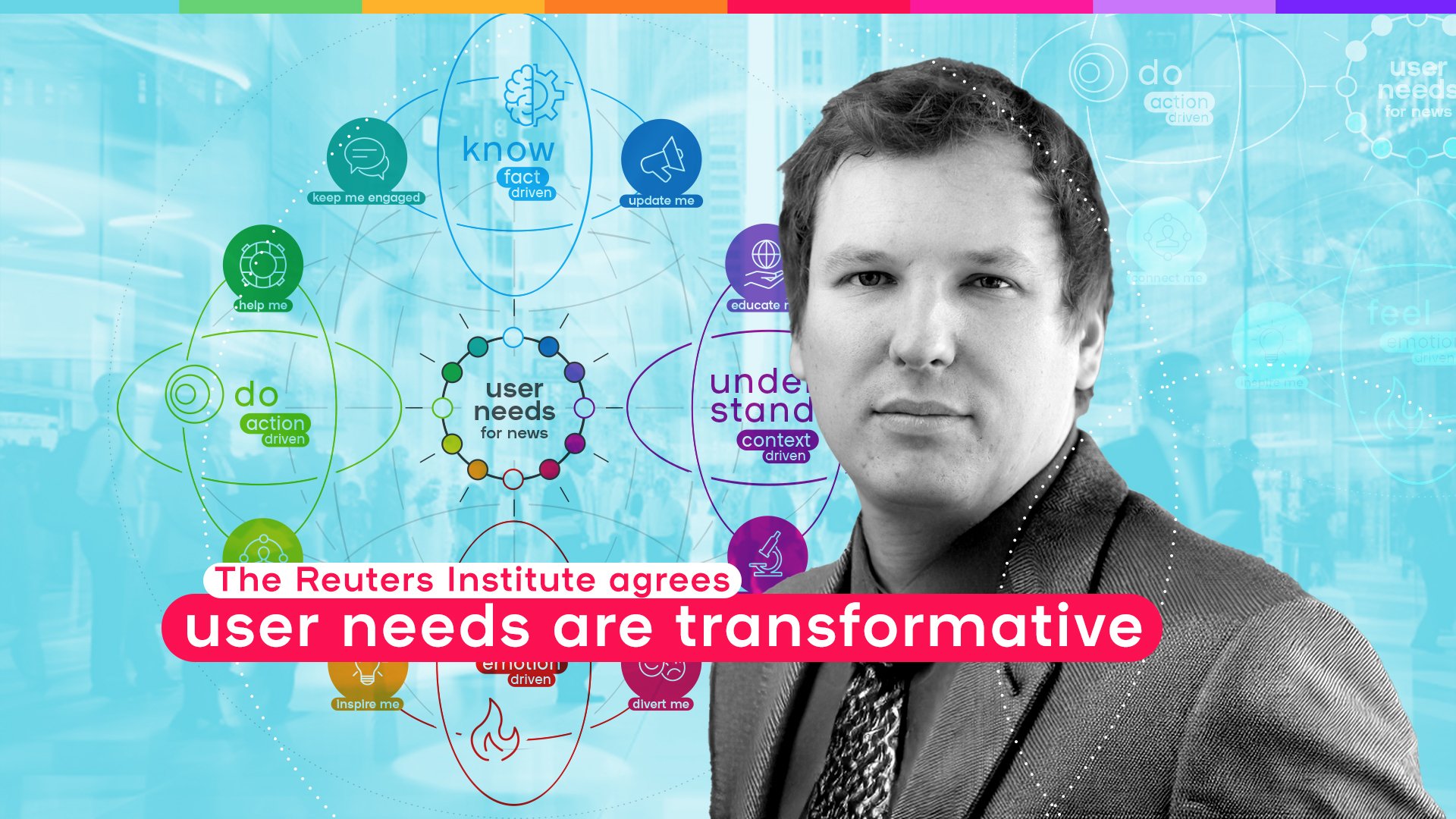The Reuters Digital News Report 2024 shows that people need news that goes deeper: news consumers want more than just the facts. What does this mean for foreign editors in these turbulent times? Intensive conversations with fifty followers of foreign news confirm the conclusion: fewer short news updates and more explanation and analysis.
“More than just the facts” is the title of the Reuters study on news needs. People expect the media to provide them with facts to stay informed, but also have a strong need for news that puts those facts into perspective. For the research on news needs, Reuters considered the categories introduced by smartocto (feel, do, know, understand) and concluded that in addition to “knowing” as the main need for news, there is also a need for “understanding”.
----------------------------
Bram Peeters is a lecturer at the HU University of Applied Sciences Utrecht. He previously worked as a foreign reporter for various (international) media, as a desk editor for ANP and NU.nl and as managing editor at the Clingendael Spectator.
Republished with permission by the author from the original at Journalism Lab.
----------------------------
What does this trend mean for foreign editors? With wars in Ukraine and Gaza, Trump's comeback, and the rise of China, these are turbulent times on the world stage. As a small country with a large foreign country, the Netherlands has an audience with a great interest in foreign news, even the greatest interest compared to other countries.
In practice, which foreign events make it into the Dutch news media often stems from the slogan “If it bleeds, it leads”. This rather cynical slogan ties in with an equally cynical journalistic rule of thumb for news selection, which the Dutch news agency ANP cited in 2021: “news is the number of victims divided by the number of kilometres from the Netherlands. More victims? Closer? More news value.” Research from 2015 confirmed that “bad news” is the most important news value in Dutch foreign journalism.
To what extent does “bad news” in 2024 still meet the needs of the Dutch public, which is increasingly concerned about international tensions and has more choice than ever before with an abundance of (international) news sources?
There is little recent research available on the needs specifically regarding foreign news. However, the needs of news consumers in general are receiving increasing attention. For example, editors at home and abroad are increasingly using various news needs models such as those developed by Maike Olij and smartocto. In addition, visitor statistics have of course been an important factor in the selection of news for a long time, whether or not against the will of journalists and editors who sometimes find that audience metrics as a basis for news selection conflict with their own professional standards. In 2020, research showed that the search for high visitor numbers or traffic often leads to the production of many articles in a short time, with many updates for articles with many clicks (and fewer updates for those with few clicks), even though journalists do not always see the need.
The focus on visitor statistics is understandable, but can also give a distorted picture. They do not measure what the editors do not offer, and what the target group might want. Academics from the journalism studies corner therefore also advocate more research in which the audience is spoken to instead of about the audience. There are also media such as EenVandaag and de Volkskrant that actively seek contact with their audience with focus groups and reader panels to hear what they would like.
Focus groups foreign news
In order to map out the needs specifically regarding foreign news, the Quality Journalism in Digital Transition lectorate of the Utrecht University of Applied Sciences conducted qualitative research in the first half of 2024 in the form of two-hour group discussions with a total of fifty people between the ages of 20 and 72. Participants had indicated in advance that they followed foreign news at least twice a week.
In the week before the meetings, respondents were asked to keep track of what they found to be the most interesting foreign news and then to argue their selection and appreciation in the focus groups. In particular, American elections (or specifically Trump), the war in Ukraine (or specifically Putin) and the war in Gaza stood out here.
The most consulted media for foreign news turned out to be the various NOS channels, NU.nl, RTL Nieuws and de Volkskrant (news brands that are also the most trusted according to recent data from the Dutch Commissariat for the Media). However, there was also a very large variation in media from paper newspapers to podcasts and online news, including foreign media such as BBC, CNN and The Guardian.
In addition to discussing their selection, respondents answered questions about, among other things, why they follow foreign news, what they find interesting in general, whether this is covered sufficiently, and whether there is specific news that they can do without. Finally, they ranked a number of foreign productions suggested by the researcher on various subjects and genres such as news videos, analyses, reports, live blogs and explainers.
The intensive discussions about their perception of foreign news in Dutch media point to these five needs:
1. More in-depth reporting on geopolitics, shifting power relations and the resulting conflicts
In summary, the prevailing feeling is that “quite a lot is happening in the world”. “I find that chess on the world board particularly fascinating”, is a frequently heard variation on the interest they have, but also because it has an effect on our security and political decisions in the Netherlands. “We are now at a kind of tipping point of the decline of the influence of the West and that will have very big consequences for us”, according to one participant. “And I think that is a development that is missed a lot in the media.” The role of China in particular is often mentioned as a subject they would like to hear more about. “While we are busy with Russia here, China is meanwhile very quiet about everything that is going on. But very little is said about it.”
2. More background and fewer short updates on wars
Respondents prefer to have more substantial explanation later, than constant new updates. The wars in Gaza and Ukraine are still seen as very interesting topics, but they feel they see too much repetition and too little “news”. As one participant said: “In Ukraine, things get a little better there and a little worse elsewhere and then they get a little more weapons, or not at all. That just keeps messing around all the time and then I don’t read it anymore.” Another participant: “Of course, you have the same thing with Gaza (..) three more dead last night. And again tomorrow. And you can already fill in the headline for the day after tomorrow.”
3. More context on disasters, accidents and incidents
Short news about disasters and accidents without context is considered by respondents to be of little relevance, often regardless of the number of victims. “Reports such as a collapsed mine in Congo with so many deaths, a train accident in India with so many deaths fall into the category of “it is what it is” for me and my friends from Brabant”, according to one participant. “It may sound very harsh and it is really bad for those involved, but I can't really do much with it.” Another participant expressed the need for more information about the causes and consequences of disasters as follows: “After a train accident or volcanic eruption, you often don't hear anything at all the next day. Then I think, yes, but then I don't need to know about those kinds of things anyway?”
4. More reporting on countries from other parts of the world
Respondents say they find it a pity to “receive a lot of information about only a few foreign countries”. Africa and Latin America in particular are often mentioned. Respondents are annoyed that these regions seem to be seen as “second-rate news” by the media. “A lot of countries or continents actually remain so very underexposed in the news”, according to the participants who believe that the media are often too focused on the same hotbeds and conflicts that are “hot”. “I find it a pity that other subjects are literally and figuratively out of the picture as a result.”
5. More analyses and explainers, fewer live blogs (for foreign news)
When participants can choose between a news video, live blog, explainer, analysis or report, the live blog clearly loses out as a genre. For sports or breaking news they find that a different story, but for foreign news it is too fragmented with too many "loose bits". "Because of the amount, I find it more difficult to filter what the main news is. I don't necessarily want less news, but fewer small updates. Rather than a big summary of the big picture once a day." The preferred genres are therefore the analysis and explainer for more background and depth. "Also because they are often written by people who are very specialised in that field."


